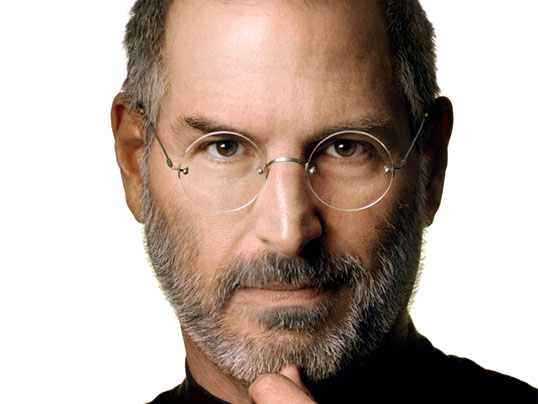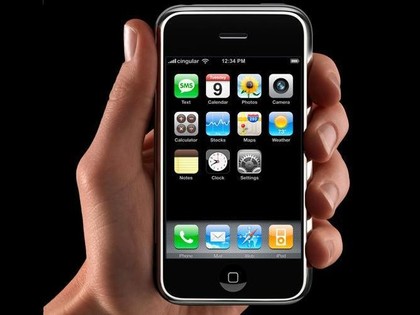Jobs' superpower was the ability to say no
Is Cook prepared to be a perfectionist?

There will be thousands of words written in praise of Steve Jobs in the coming days; from co-founding Apple in his garage to his triumphant return to the company and its subsequent upturn.
But, to me, the most vital thing that Steve Jobs brought to the technology world was the ability to say no.
Perfectionists are ten a penny, but perfectionists who have risen to the top of successful companies are much harder to find.
The luxury of being uncompromising is often the first thing to evaporate when commercial pressures are brought to bear.
By keeping to his vision, Jobs earned himself a rare untouchable quality in the tech world, but also within Apple.

That meant that any project within the company could be sent back to the drawing board or even skewered by Jobs, however late in the design process it got, and by being uncompromising, powerful and having the authority to back his own judgement, his personal desire for the gadgets that he wanted shone through.
That's not to denigrate the designers and engineers that provided the spark of genius in the likes of the iPhone, iPad and Macs, but merely to point out that by knowing that it had to tick all the boxes of man who could sink their hard work with a word, people could not afford to give less than their all.
Sign up for breaking news, reviews, opinion, top tech deals, and more.
Jobs is not the only man to have risen to these heights; Sony founder Akio Morita was renowned as a man with a spark of genius and the capacity to change his company's direction if he though it appropriate.
Famously, Morita went against the advice of his engineers because he wanted to introduce a portable tape player, after watching the way that people were consuming music on the go.

Indeed, Morita's favoured Walkman moniker was (eventually) adopted globally on his say-so, despite marketing teams launching the product under other names for global markets because they considered it bad English.
Drawing direct parallels with Sony, a company that has struggled of late despite once being held up as the bastion of quality electronic goods, may be uncomfortable for Apple fans.
Morita had the final say on Sony products, allowing him to bring a vision that shone on a global scale, and it is clear that Jobs has a similar role within Apple.
The trick, it would seem, will be bringing in someone who is capable of saying no; not "no if the board agrees to back me", or "no unless Steve says so" and certainly not "no unless the investment has been big".
Tim Cook has some truly large shoes to fill – but he's had plenty of practice in the past few years and as long as he channels the Steve Jobs perfectionism then Apple is big enough to survive the end of an era.

Patrick Goss is the ex-Editor in Chief of TechRadar. Patrick was a passionate and experienced journalist, and he has been lucky enough to work on some of the finest online properties on the planet, building audiences everywhere and establishing himself at the forefront of digital content. After a long stint as the boss at TechRadar, Patrick has now moved on to a role with Apple, where he is the Managing Editor for the App Store in the UK.